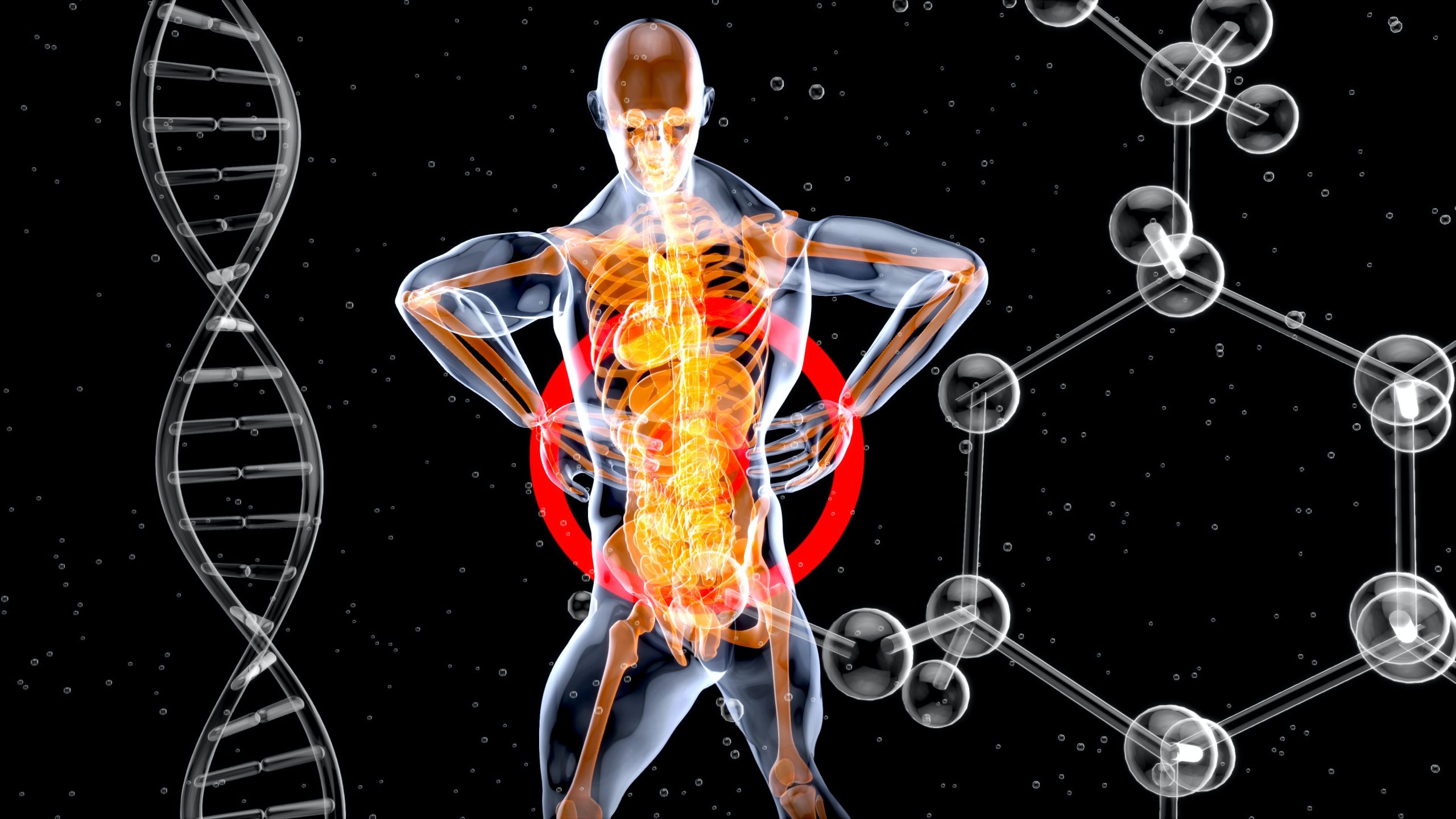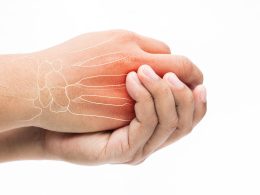Music has been a part of human life for centuries and has been used for entertainment, expression, and communication. However, recent research has shown that music has therapeutic effects and can aid in recovery, especially for those dealing with physical and mental health issues.
The power of music therapy has been recognized by healthcare professionals, and it is now being integrated into various healthcare settings. The American Music Therapy Association defines music therapy as “the clinical and evidence-based use of music interventions to accomplish individualized goals within a therapeutic relationship by a credentialed professional who has completed an approved music therapy program.”
When it comes to physical health, music therapy has been shown to have positive effects on patients recovering from stroke, traumatic brain injuries, and chronic pain. In a study conducted by the Cochrane Library, music therapy was found to be beneficial for stroke patients in terms of improving their mood, cognitive abilities, and communication skills.
Furthermore, music therapy has also been found to help those dealing with mental health issues such as depression, anxiety, and post-traumatic stress disorder (PTSD). According to the American Psychological Association, music therapy has been found to reduce anxiety and depression in patients with cancer and HIV/AIDS.
One reason for the effectiveness of music therapy is the emotional connection that individuals have with music. The familiarity and nostalgia associated with certain songs can evoke positive memories and emotions, which can be used to aid in the recovery process.
Music therapy is not just limited to listening to music. It can also include playing instruments, singing, songwriting, and movement to music. These activities can help individuals express themselves and communicate their emotions, which can be beneficial in the healing process.
In addition to its therapeutic effects, music therapy is also a non-invasive and cost-effective approach to healthcare. It can be used in various healthcare settings, including hospitals, nursing homes, and mental health facilities.
It is important to note that music therapy should not be seen as a substitute for traditional medical treatments. Rather, it should be used as a complementary therapy to improve the quality of life for individuals dealing with various health issues.
In conclusion, music therapy has shown promising results in aiding in the recovery process for individuals dealing with physical and mental health issues. The power of music to evoke emotions and memories can be harnessed to facilitate healing and promote well-being. As more research is conducted on the therapeutic effects of music, we can expect to see its integration into mainstream healthcare.










